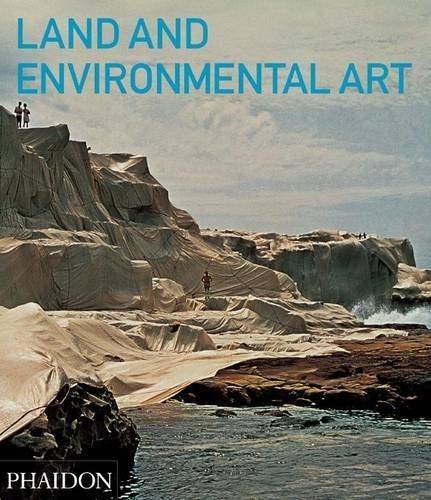The traditional landscape genre was radically transformed in the 1960s when many artists stopped merely representing the land and made their mark directly in the environment. Drawn by vast, uncultivated spaces of desert and mountain as well as by post‑industrial wastelands, artists such as Michael Heizer, Nancy Holt and Robert Smithson moved earth to create colossal primal symbols. Others punctuated the horizon with man‑made signposts, such as Christo’s Running Fence and Walter de Maria’s The Lightning Field. For Richard Long, journeys became works of art while Dennis Oppenheim immersed his entire body in the contours of the land. In this broad survey of Land Art, Brian Wallis discusses the key artists, works and issues that define Land Art historically, as well as its later ramifications.
- / Author
- / Mentioned
- / Mentioned
- / Mentioned
